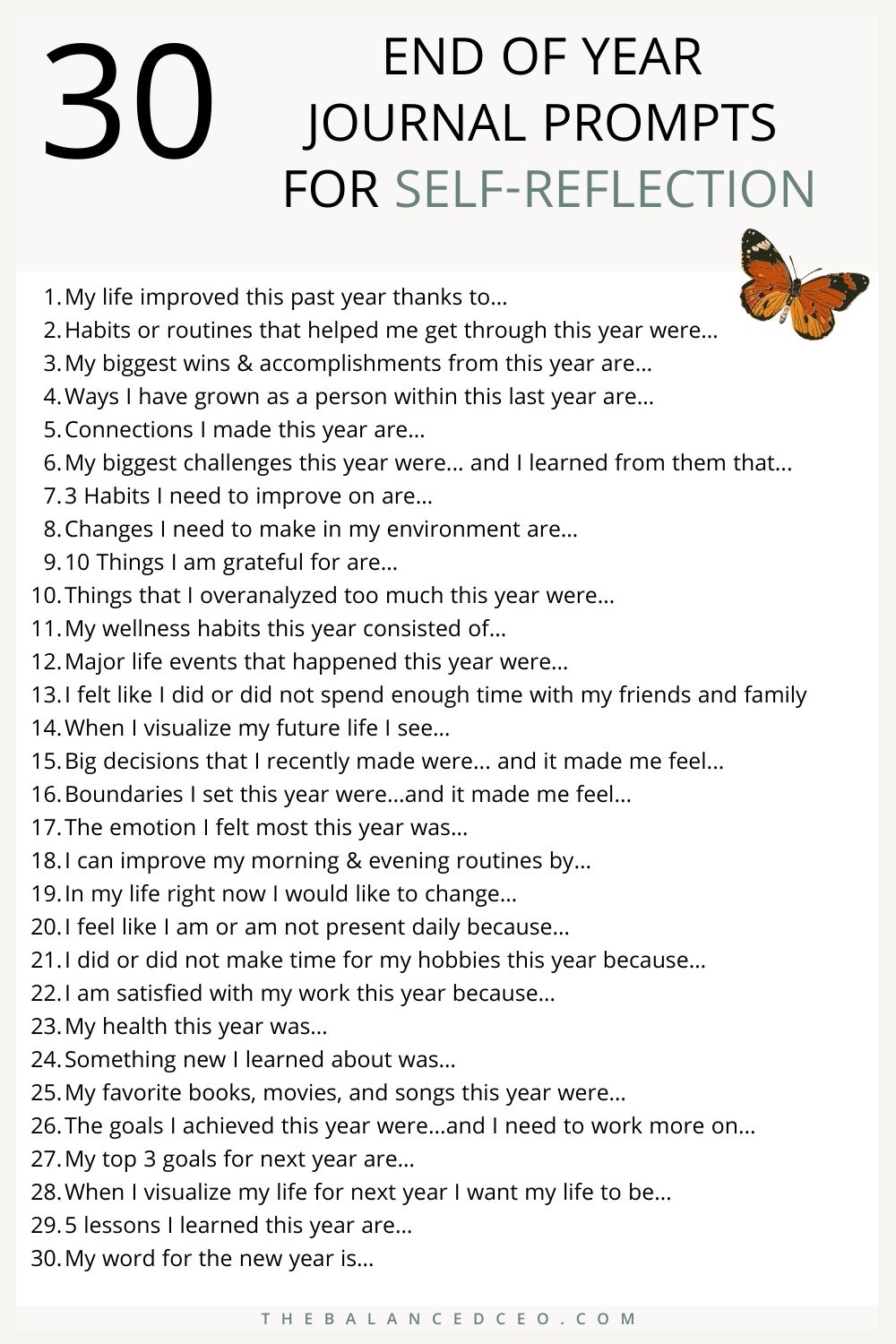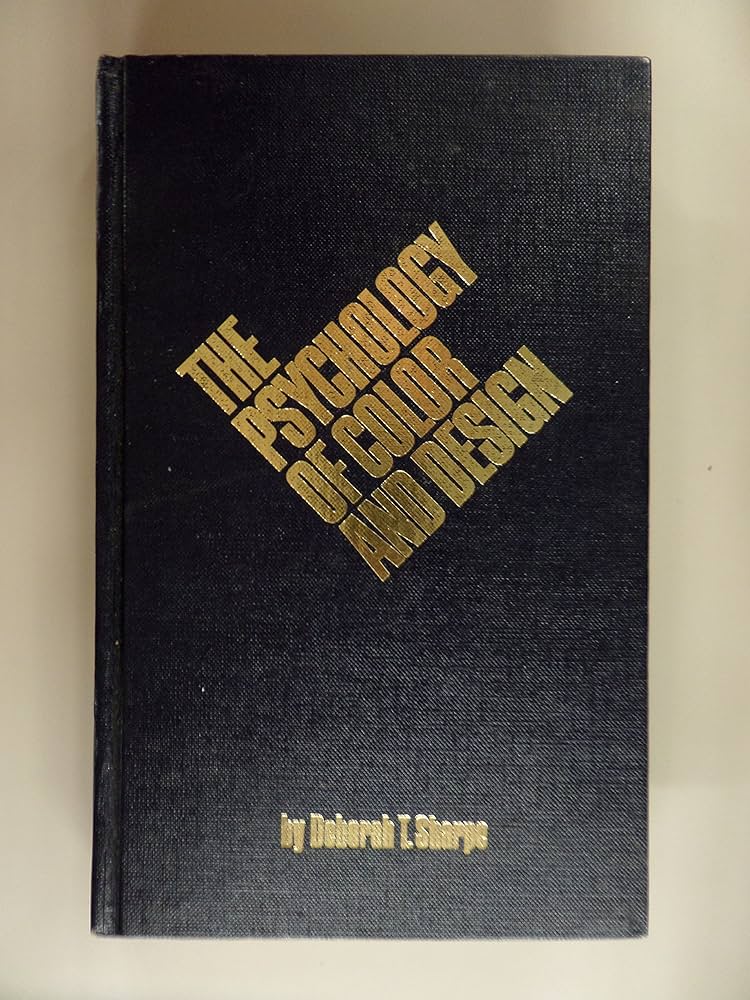The Benefits of Journaling for Self-Reflection
Journaling boosts self-awareness and promotes emotional clarity. It provides a space for personal growth and stress relief.
Journaling serves as a powerful tool for self-reflection. By writing regularly, individuals can gain deeper insights into their thoughts and emotions. This practice helps track personal growth and identify recurring patterns. It also aids in problem-solving by allowing a clearer perspective on challenges.
Journaling can reduce stress by providing an outlet for expressing worries and frustrations. Establishing a routine of writing can foster mindfulness and enhance mental well-being. Through consistent journaling, people often find themselves more in tune with their inner selves, leading to improved emotional health and personal development. This habit ultimately cultivates a more reflective and intentional life.

Credit: shilpakapilavai.com
Introduction To Journaling
Journaling is a simple yet powerful tool. It helps you understand your thoughts and emotions. Journaling is an excellent way to practice self-reflection. It can lead to personal growth and improved mental health.
What Is Journaling?
Journaling involves writing down your thoughts, feelings, and experiences. It can be done daily or whenever you feel the need. The practice is flexible and can be customized to suit your needs.
There are different types of journals:
- Gratitude Journal: Focuses on what you are thankful for.
- Dream Journal: Records your dreams and their meanings.
- Travel Journal: Captures your travel experiences and adventures.
- Bullet Journal: Combines planning, to-do lists, and reflections.
Historical Context
Journaling has been practiced for centuries. Many famous people kept journals. Leonardo da Vinci, Anne Frank, and Virginia Woolf are a few examples. Their journals have provided invaluable insights into their lives and times.
In ancient times, people used different materials for journaling:
| Time Period | Material |
|---|---|
| Ancient Egypt | Papyrus |
| Ancient China | Silk and Bamboo |
| Medieval Europe | Parchment and Vellum |
Today’s journals are more accessible. They come in various forms, including physical notebooks and digital apps.

Credit: thebalancedceo.com
Mental Health Benefits
Journaling is a powerful tool for self-reflection. It can provide numerous benefits for mental health. Writing down your thoughts helps clarify feelings and emotions. This practice can lead to a more balanced mind.
Reducing Stress
Writing in a journal can help reduce stress. When you put your thoughts on paper, you release tension. This can make you feel lighter and more at peace.
Journaling provides an outlet for emotions. It can help you process difficult experiences. This reduces the mental burden you carry each day.
Here is a list of how journaling can reduce stress:
- Identifying stress triggers
- Organizing thoughts
- Creating a sense of control
By understanding your stressors, you can find ways to manage them. This leads to a calmer mind.
Managing Anxiety
Journaling is also effective in managing anxiety. It allows you to track anxious thoughts. This can help you understand and address them.
Writing can serve as a distraction from anxious feelings. It shifts your focus and reduces the intensity of anxiety.
Consider using a table to track your anxiety triggers and coping mechanisms:
| Anxiety Trigger | Coping Mechanism |
|---|---|
| Public Speaking | Deep Breathing |
| Deadlines | Time Management |
By identifying patterns, you can find effective strategies to manage anxiety.
Journaling helps you gain control over your thoughts. This can lead to reduced anxiety and improved mental well-being.
Emotional Growth
Journaling plays a vital role in emotional growth. It helps us understand our feelings. Writing about our experiences makes us more aware. This awareness can lead to profound personal development.
Understanding Emotions
Writing down your thoughts helps you understand your emotions. When you put feelings into words, you see them clearly. This process can reveal hidden patterns. It allows you to recognize triggers. You can identify what makes you happy or sad. Through journaling, you gain better control of your emotions.
Building Resilience
Journaling helps in building resilience. By writing about tough times, you process them. This makes you stronger. It gives you a safe space to express pain. You can see how you have overcome past challenges. This realization boosts your confidence. You become more prepared for future hardships.
Consider this table that shows the benefits of journaling for emotional growth:
| Benefit | Explanation |
|---|---|
| Understanding Emotions | Helps identify patterns and triggers. |
| Building Resilience | Strengthens emotional coping mechanisms. |
Keeping a journal is a simple yet effective way to foster emotional growth. It helps you understand and navigate your emotions better. This leads to a more resilient and emotionally balanced life.

Credit: www.linkedin.com
Enhanced Self-awareness
Journaling can significantly boost self-awareness. Writing down your thoughts helps you understand yourself better. This practice leads to increased self-knowledge. Let’s explore how journaling can enhance self-awareness.
Identifying Patterns
Writing in a journal helps you see patterns in your life. You can identify recurring themes and behaviors. Noticing these patterns can be very insightful. It can help you understand why you act in certain ways.
For example, you might notice you feel sad on Sundays. Recognizing this pattern allows you to explore why Sundays are hard. This understanding can help you make positive changes. It also helps you see which habits are healthy or unhealthy.
| Pattern | Insight |
|---|---|
| Feeling anxious before meetings | Fear of speaking in public |
| Procrastinating on important tasks | Lack of confidence |
Personal Insights
Journaling provides personal insights that are unique to you. Writing helps you reflect on your thoughts and actions. This self-reflection can lead to important realizations. It can help you understand your motivations and desires.
You might discover you love painting more than anything else. This insight can guide your future decisions. It helps you live a life that is true to yourself. Journaling creates a safe space for these discoveries.
- Understand your true feelings
- Discover hidden passions
- Gain clarity on personal goals
These personal insights can be life-changing. They provide a deeper understanding of who you are. This knowledge is essential for personal growth and happiness.
Improved Problem-solving
Journaling is a powerful tool for self-reflection. It can significantly enhance your problem-solving skills. By writing down thoughts, you can clear your mind and find solutions.
Clarity Of Thought
Writing in a journal helps to organize your thoughts. It makes them clearer. When your mind is cluttered, it’s hard to think straight. Journaling removes this clutter.
With a clear mind, you can see problems more clearly. This helps in identifying the root cause of issues. You can then focus on solving them effectively.
Creative Solutions
Journaling boosts creativity. By writing regularly, you encourage new ideas to flow. These ideas can lead to innovative solutions for your problems.
When you face a challenge, your journal becomes a brainstorming space. You can jot down any idea, no matter how wild. This process often leads to creative breakthroughs.
Boosting Productivity
Journaling can significantly boost productivity by providing a structured way to reflect. This reflection helps identify what’s important and plan effectively. Let’s explore how setting goals and tracking progress through journaling can enhance productivity.
Setting Goals
Writing down goals in a journal helps clarify intentions. It turns vague ideas into actionable steps. This practice creates a clear roadmap for achieving objectives. Here are some tips for setting goals through journaling:
- Start with a specific goal in mind.
- Break it down into smaller, manageable tasks.
- Set deadlines for each task.
- Review and adjust goals regularly.
Tracking Progress
Tracking progress in a journal offers a visual representation of achievements. It helps identify what’s working and what’s not. This step is crucial for maintaining motivation and making necessary adjustments. Consider the following ways to track progress:
- Create a weekly log of tasks completed.
- Use checklists to mark off milestones.
- Write reflections on challenges faced and solutions found.
- Review progress at the end of each month.
| Goal | Task | Deadline | Status |
|---|---|---|---|
| Learn a new language | Complete 5 lessons | 1 week | In Progress |
| Exercise daily | 30 minutes workout | Daily | Completed |
Journaling is a powerful tool for boosting productivity. It helps set clear goals and track progress effectively. Start journaling today to see the difference in your productivity.
Physical Health Benefits
Journaling isn’t just about expressing thoughts. It has physical health benefits too. Regular journaling can lead to a healthier body. This section explores how journaling can boost immunity and improve sleep.
Boosting Immunity
Writing about your feelings can improve your immune system. Studies show that expressive writing reduces stress. Lower stress levels lead to a stronger immune response. This means fewer colds and illnesses.
Journaling helps manage emotions. It reduces negative feelings and increases positive ones. A balanced emotional state boosts immunity. Try writing for 20 minutes a day. See how it affects your health.
Improving Sleep
Journaling can improve sleep quality. Writing before bed helps clear your mind. A clear mind leads to better sleep.
Make a habit of jotting down thoughts before sleeping. This practice reduces anxiety and worries. Less anxiety means falling asleep faster. Better sleep improves overall health.
Here are some tips for sleep-improving journaling:
- Write about your day.
- List three things you’re grateful for.
- Plan your next day.
Try these tips for a week. Notice the difference in your sleep patterns.
In summary, journaling offers significant physical health benefits. It boosts immunity and improves sleep quality. Start journaling today for a healthier you.
Getting Started With Journaling
Journaling can be a great tool for self-reflection. It’s easy to begin and can be very rewarding. Here’s how to get started with journaling for self-reflection.
Choosing A Medium
First, you need to choose a medium for your journaling. Do you prefer writing by hand or typing on a computer? Both have their benefits.
- Handwriting: This can make your journal feel more personal. It also helps slow your thoughts.
- Digital Journals: Typing can be faster. It allows for easy searching and editing.
Consider trying both. See which one works better for you.
Establishing A Routine
Creating a routine is key to successful journaling. Set aside a specific time each day to write. This helps make journaling a habit.
- Morning: Start your day by reflecting on your goals.
- Evening: End your day by reviewing what happened.
Even a few minutes daily can have a big impact. Consistency is more important than writing a lot each time.
| Time of Day | Benefits |
|---|---|
| Morning | Sets a positive tone for the day |
| Evening | Helps you process the day’s events |
Remember, there is no right or wrong way to journal. The key is to start and be consistent.
Tips For Effective Journaling
Journaling can be a powerful tool for self-reflection. It helps to clarify thoughts and emotions. Here are some tips for effective journaling to maximize its benefits.
Consistency Is Key
Writing regularly is essential for effective journaling. Set aside a specific time each day. This helps to build a habit. It could be in the morning or before bed. Even 10 minutes can make a difference.
Use a dedicated journal. This keeps all your thoughts in one place. It also makes it easier to track your progress. Consistency helps to uncover patterns in your behavior and thoughts.
Honesty And Openness
Be honest with yourself while journaling. Write down your true feelings and thoughts. This is a safe space for self-expression. No one else will read it.
Openness is crucial for self-reflection. Don’t hold back your emotions. Write about your fears, joys, and frustrations. This will help you understand yourself better.
| Tips | Benefits |
|---|---|
| Write daily | Builds a habit |
| Be honest | True self-reflection |
| Use a dedicated journal | Tracks progress |
| Express emotions | Better self-understanding |
Effective journaling requires consistency and honesty. These tips will help you get started. Happy journaling!
Conclusion
Journaling offers numerous benefits for self-reflection. It helps clarify thoughts and emotions, reducing stress. Regular journaling enhances self-awareness and personal growth. This practice can lead to better decision-making and problem-solving skills. Embrace journaling to discover a deeper understanding of yourself and improve your overall well-being.






